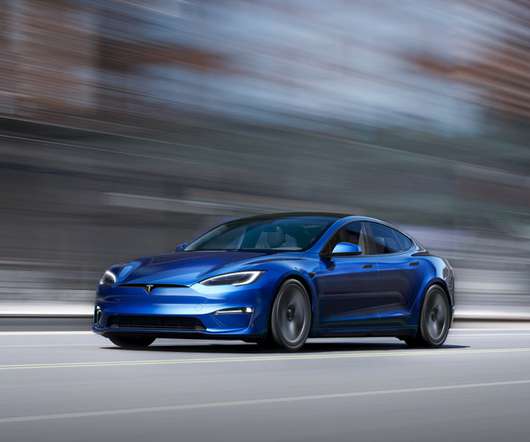Is A Tax On Electricity (kWh) Consumed The Best Way to Supplement the Fuel Tax for Electric Vehicles?
EV Adoption
JULY 4, 2022
As sales of electric vehicles begin to reach significant numbers across the US, states are exploring approaches to replace lost tax revenue since EV drivers don’t pay fuel taxes as drivers of gas-powered cars do at gas stations. Unfortunately there is currently no simple and agreed upon best replacement for the fuel tax.




















Let's personalize your content